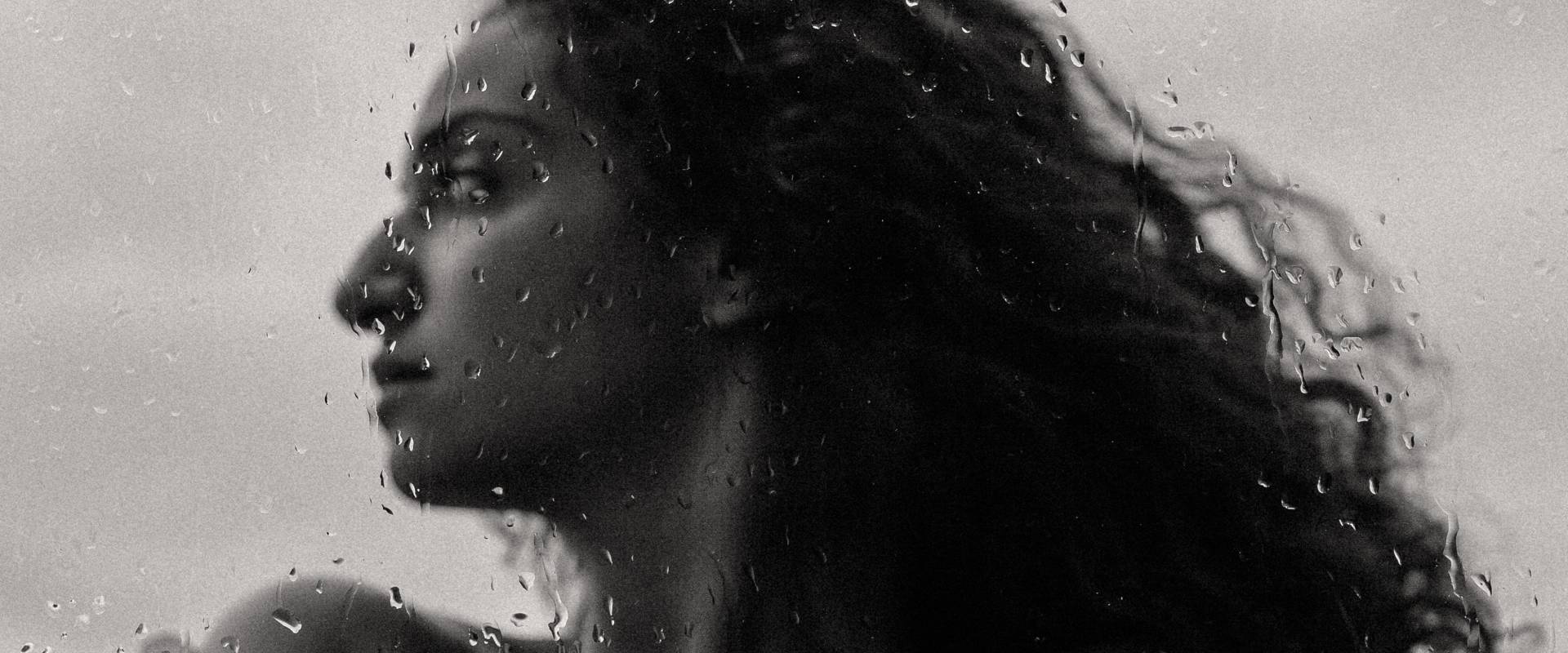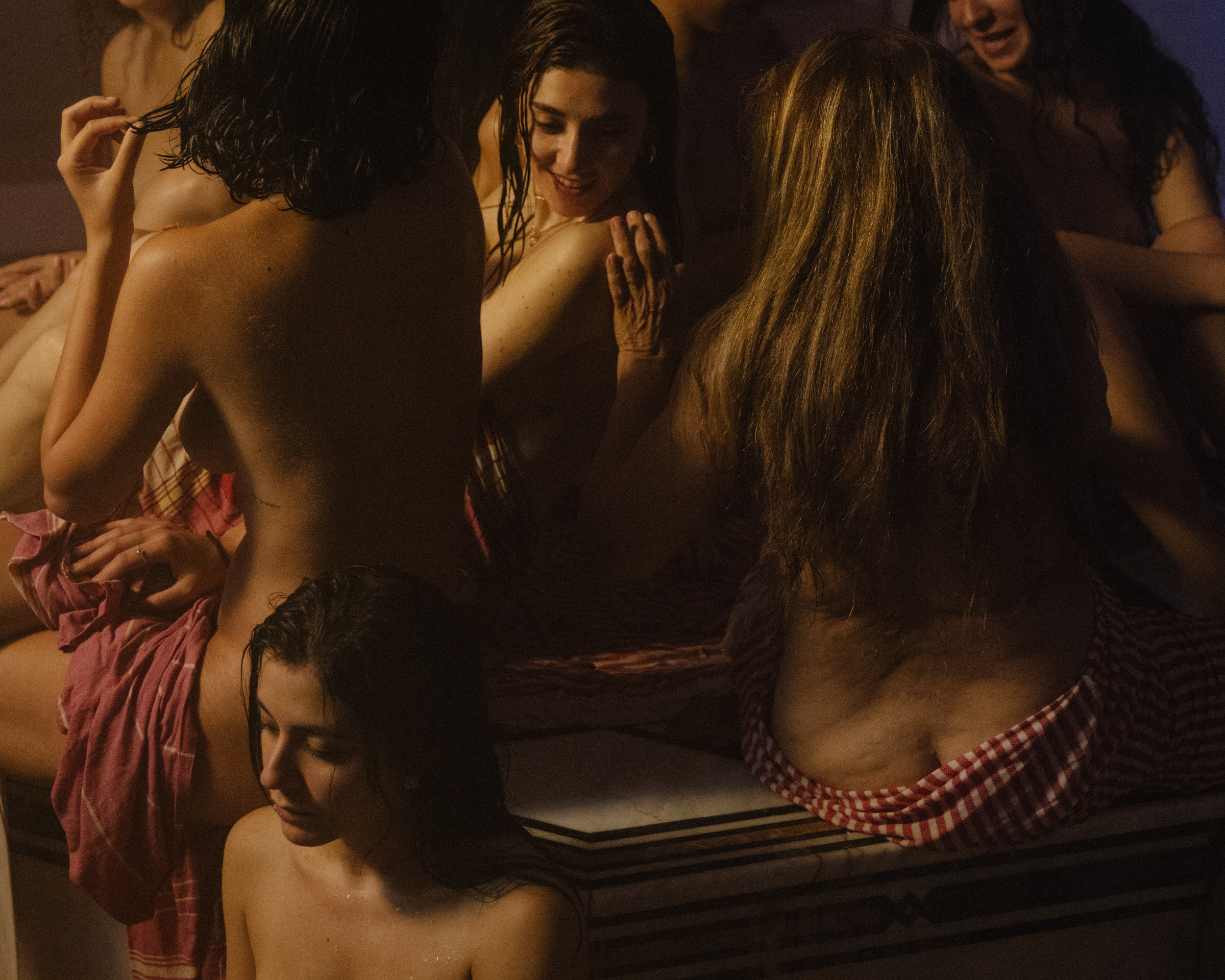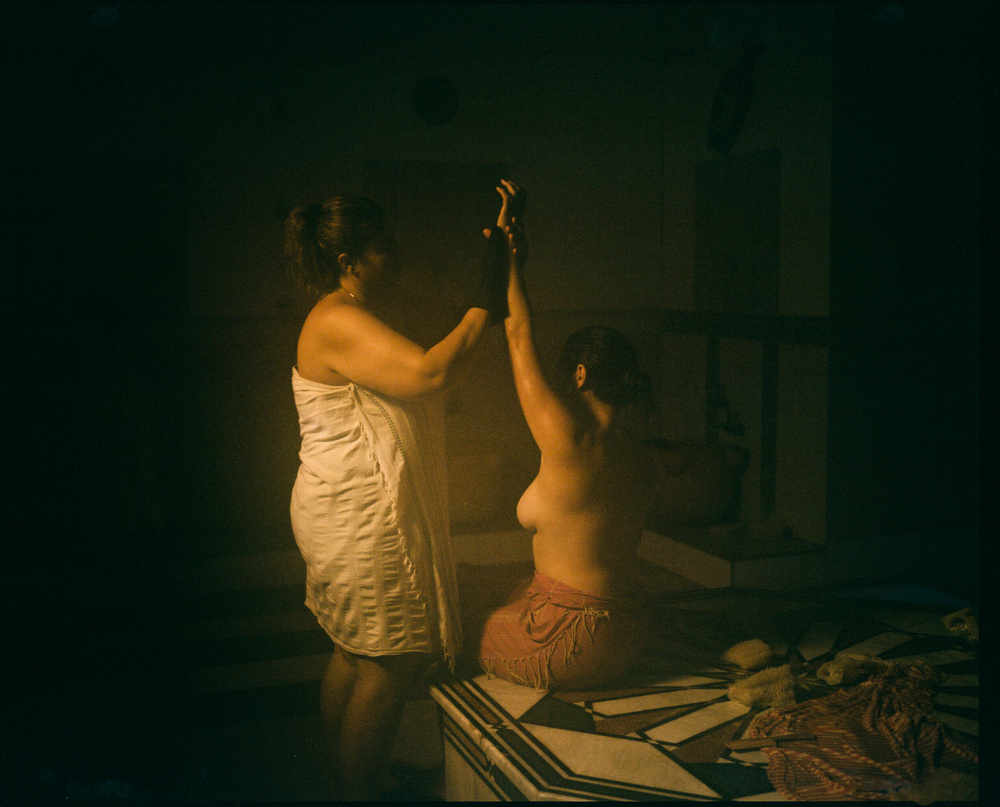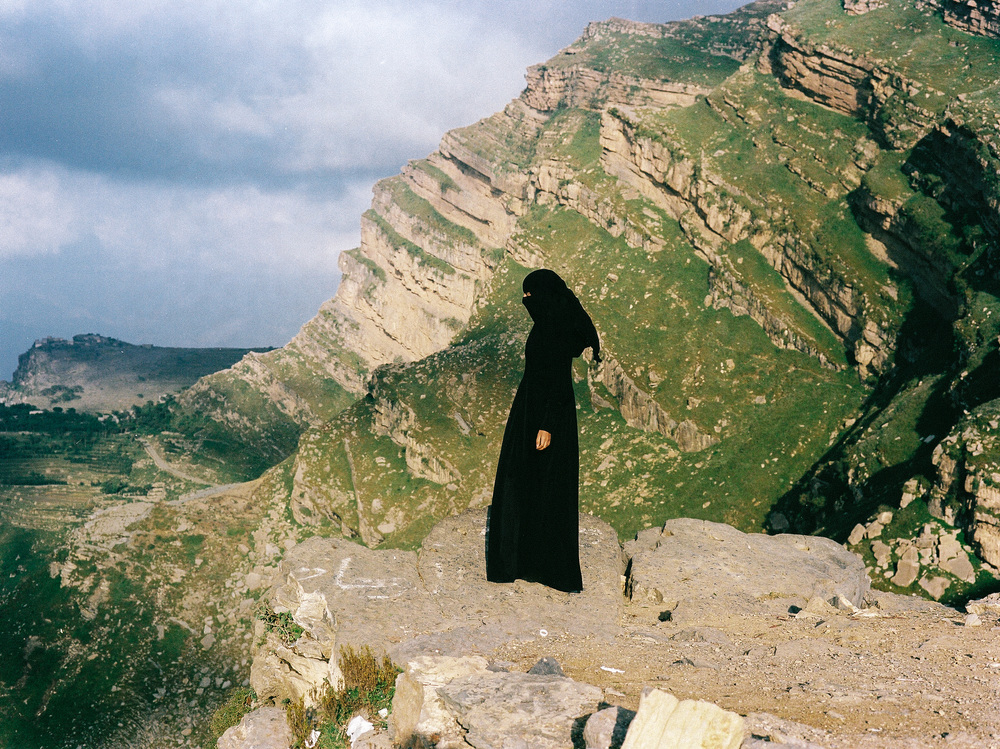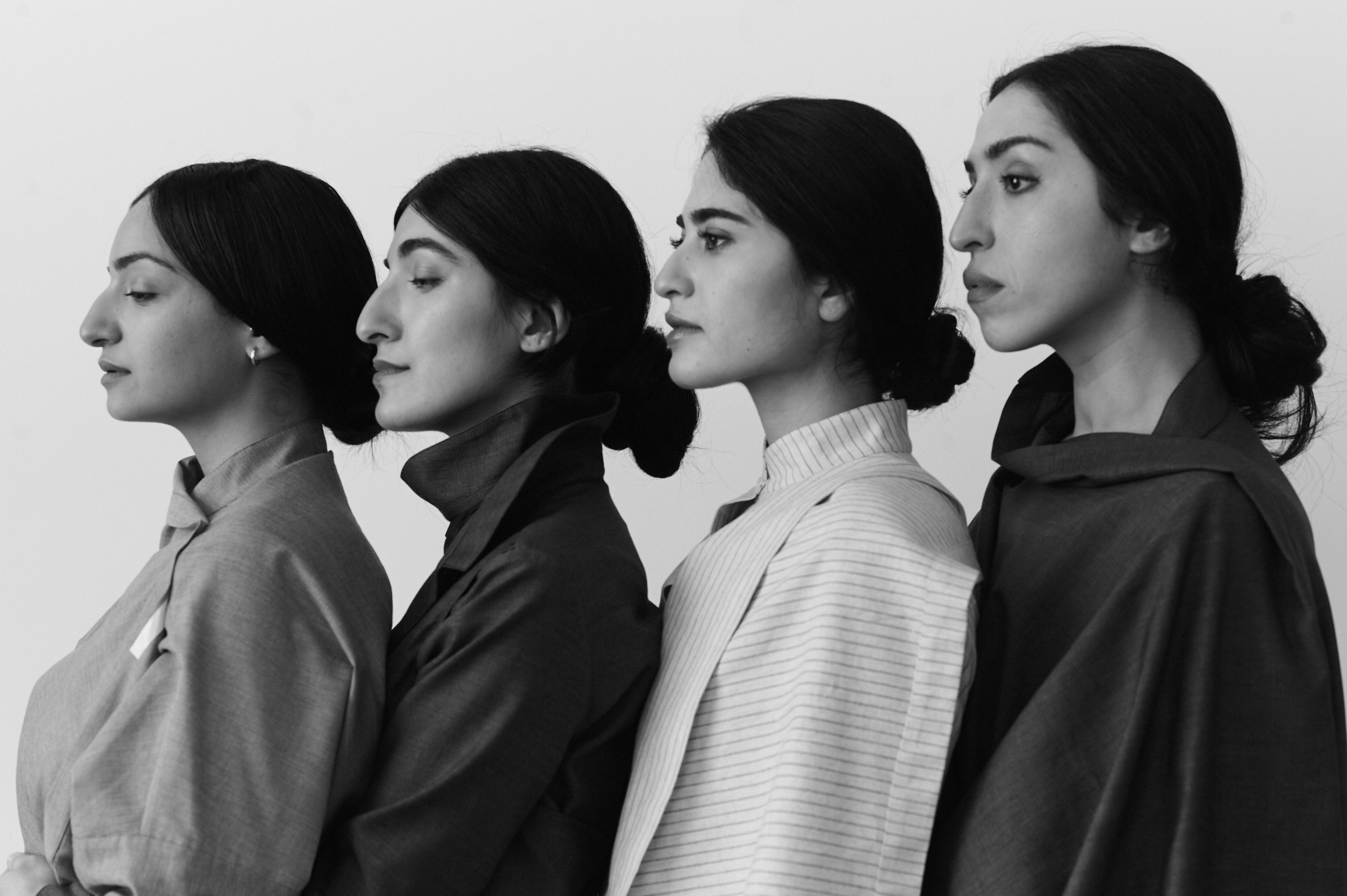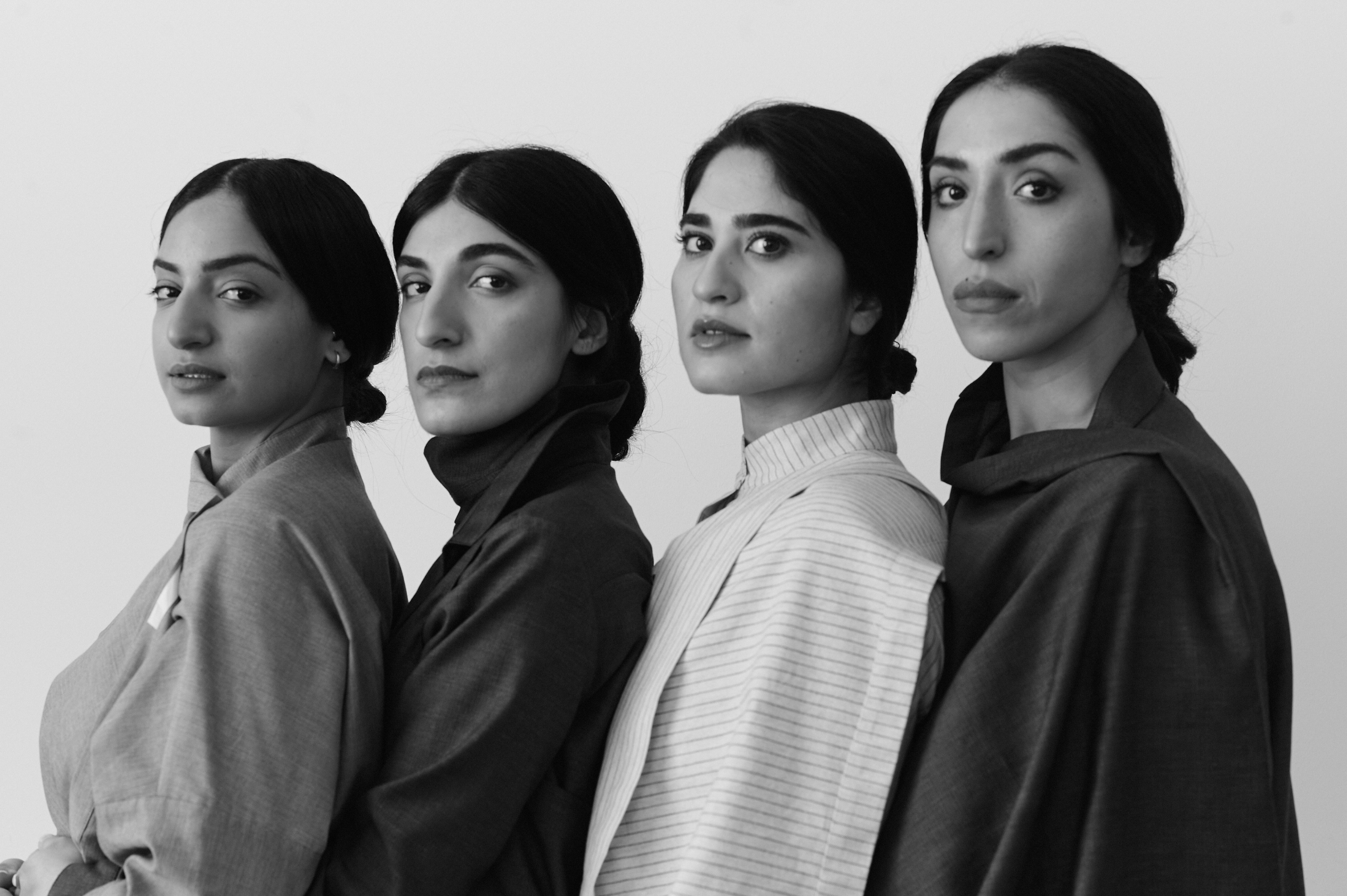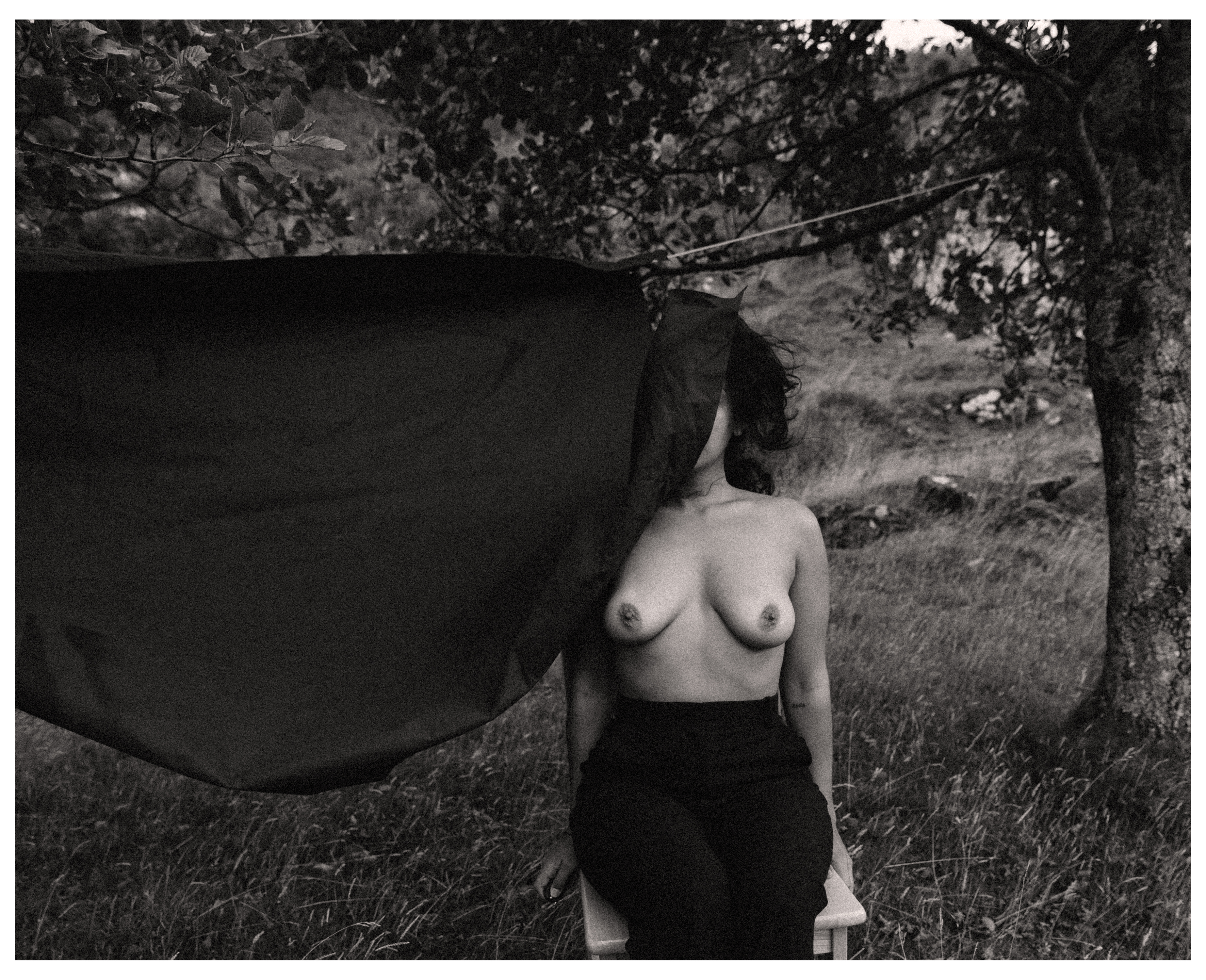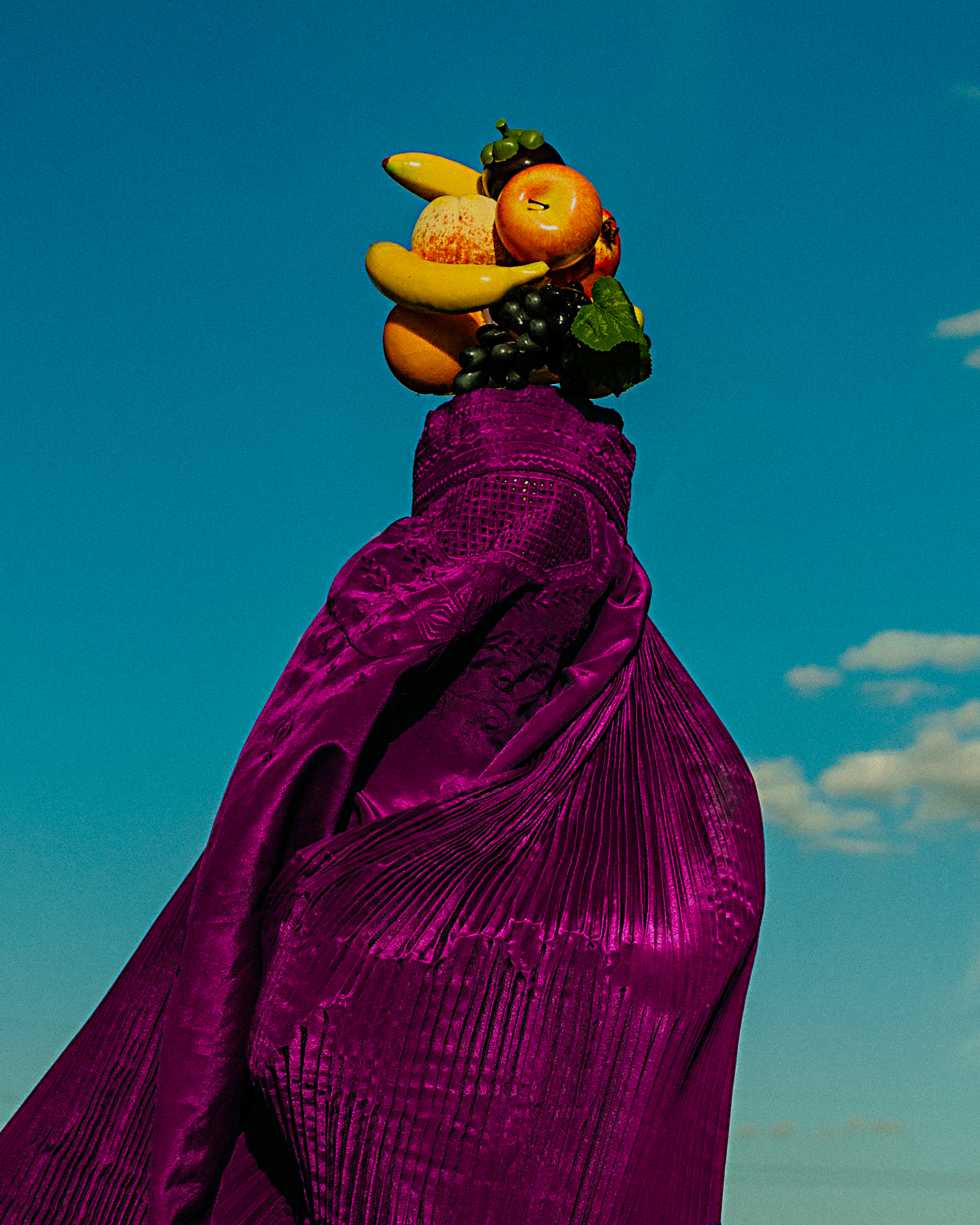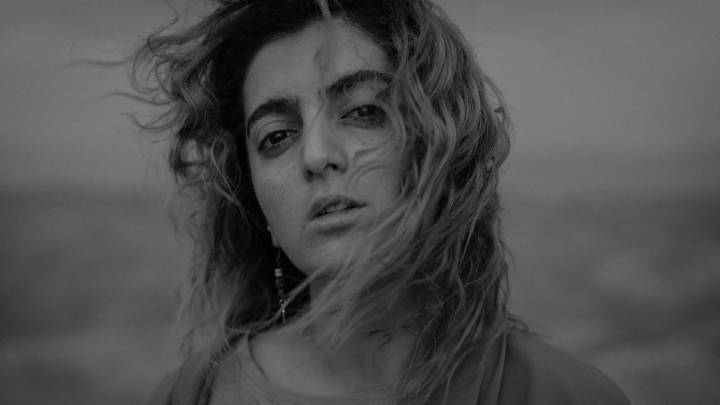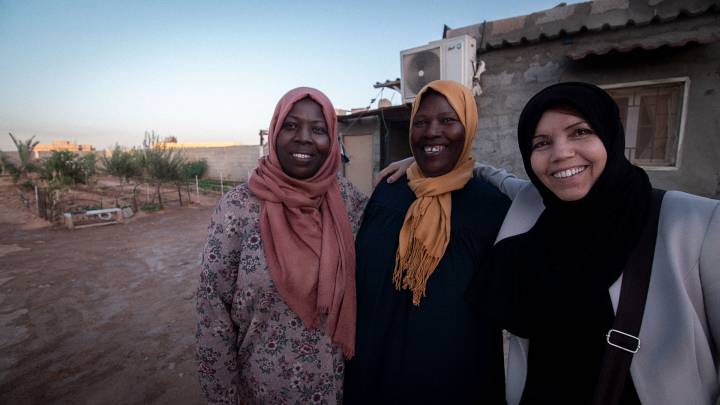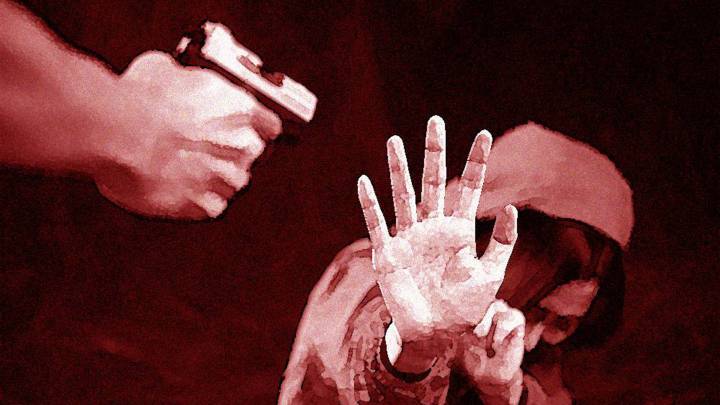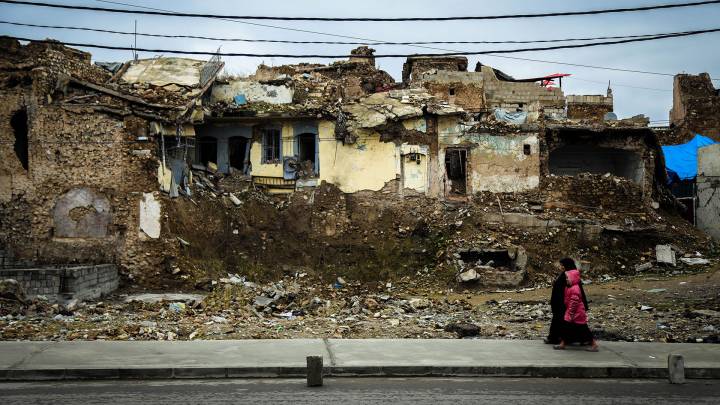Acclaimed photographer Yumna Al-Arashi on her focus on the female body, the beauty of positive Islamic imagery, and her increasing sense of estrangement from photography.
In her upcoming exhibition, titled “I AM WHO I AM WHO AM I” at Anahita Contemporary curated by Anahita Sadighi, Yemeni-American artist Yumna Al-Arashi questions positionalities, self-perception and media dynamics. Whether with her powerful depictions of women in northern Yemen, the fast-dying out tradition of facial tattooing, or her nude self-portraits published in Playboy, last year, Al-Arashi’s work forces onlookers to reimagine the power of female bodies. It does so with a sense a self-awareness and female solidarity inspired by Audre Lorde's “The Erotic as Power”.
Islam, the body, and Instagram-able aesthetics. Al-Arashi knows how to tick the media’s right boxes. And yet, she is becoming increasingly tired of the repetitive reproduction of images in our times. So, her first photo exhibition in Berlin could also be her last for some time, as she reveals in conversation with zenith.
On the body and photography: I’m just inherently very connected to my body. I’ve always felt that whether through dance or music, art is closely tied to the body. Even photography is very much about your own relationship to a subject matter. Which is often another body, landscape, or nature. Whatever you’re photographing is closely connected to your body. It’s music in a way, if you know how to do it right.
On society and the body: What I found very difficult was that portraying bodies or even feeling close to my own body was not something that was accepted or applauded. It wasn’t anything culturally related. It wasn’t because I have a Middle Eastern background. It was just as a woman in the 21st century. There were two nouns for being close to your body, which was either pornography or insecurity. I was neither. Which was something very sacred.
On Western misconceptions: A lot of people have this idea that my work is somehow a protest against my cultural heritage. It’s not at all. My work isn’t somehow liberating me from my passive Muslim background. What I’m doing is showing people what their own misconceptions of people like me are. My family is really supportive of my work. And women in niqab can look very powerful too. Maybe my work is a protest against how distant we have become to our bodies in so many ways. It doesn’t really matter which cultural or religious background you come from.
On being seen as a token Muslim woman: I’m often delegated as a representative for Muslim women. Often American media pats itself on the back for having chosen to write about me. I often question the way my work is spoken about. That’s the reason I don’t do many interviews because that’s garbage most of the time. I’m just a way for media to fulfil some obligation of representation. I’m American, but at the same time, I’m probably the media’s ideal version of a Muslim woman, because of the style I embody, and the fact that I speak perfect English. But what about everyone else? Where’s everyone else?
On histories of sensuality: Looking at headlines that were written about like “The Muslim woman breaking boundaries”, “The first Muslim woman making nude portraiture”. They’re just lies. It is purely rhetoric, clickbait for a Western audience. Anyone who knows the cultural history of the Middle East and North Africa knows that it is true. We have a hugely erotic past, one that celebrates the body, sexuality, womanhood, power. Probably more so than any Western country. Trying to deal with people who have absolutely no idea what they are talking about in historic terms. It’s the battle we are fighting every day.
On estrangement from photography: I’m not really excited about the image these days. Maybe I am bored. My whole life has been photography. After 15 years, I need a break. I want to pursue some other things. Everybody needs change in life. We’re living in a very funny space as photographers. We are so immersed in imagery all the time. It’s very saturated and I want to understand what that means. I’m working on another art film right now. With film it’s different. It’s more flexible.
On Islam in America: I wish I’d seen more positive images of my heritage when I was growing up in America. The power of the woman in the Middle East and North Africa is so unseen today. It is not like everyone in the States is going to Islamic yoga sessions, or idolises Islam like Buddhism sometimes is. Or we go to the Sistine Chapel and are amazed by the beauty that religion can create. Such positive imagery of Islam doesn’t really exist where I grew up. In fact, people are afraid of Muslims.
On growing up in Washington DC: Your choice in topics is informed by your circumstances. Growing up among the children of powerful politicians shaped me. They were bullies. They carried what they heard at home to school with them. Kids can be evil. I got in trouble as a child all the time because I was fighting these people. It was a post 9/11 environment and all you hear in the news is terrorist this, terrorist that. I didn’t know anyone of the same heritage as me, which was very isolating. It was a space that didn’t allow us depth as human beings. So how do you rebuild identity, how do you rebuild culture in the diaspora? Art is an incredibly powerful way of doing that.
I Am Who I Am Who Am I, 6-19 March Anahita Contemporary (Schlüterstr 14, 10625 Berlin)
